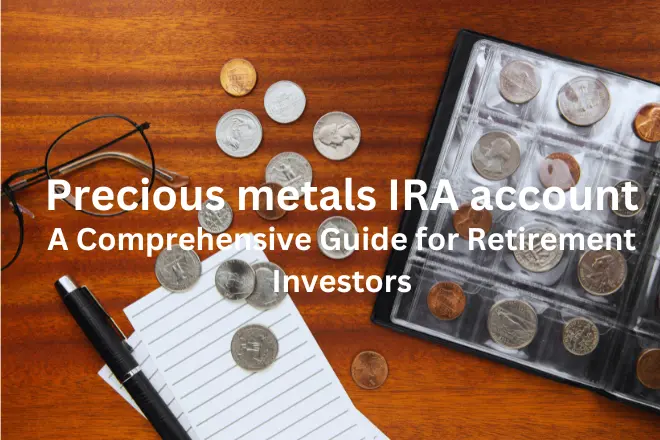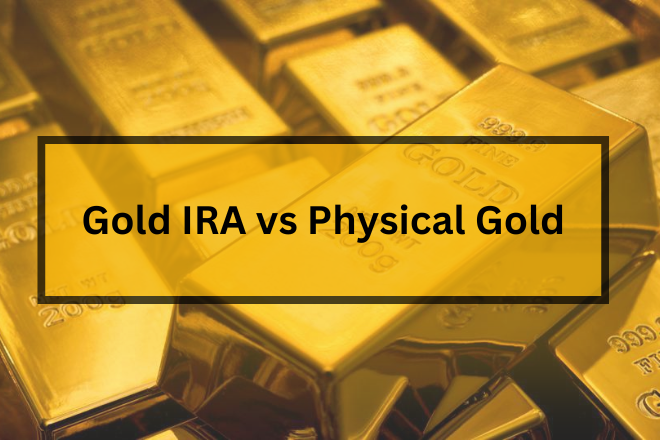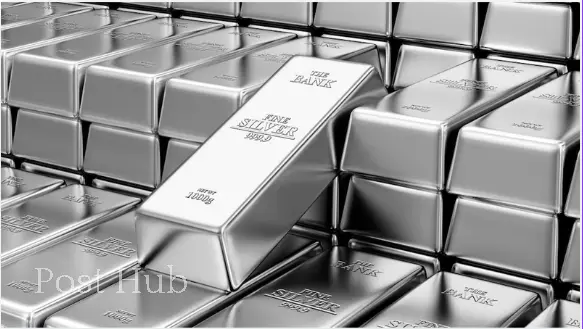Using a Precious Metals Depository, An Investor’s Guide
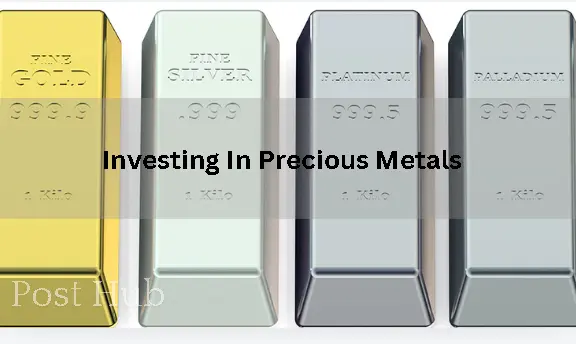
For investors looking to safeguard their gold, silver, and other precious metals, using a depository offers unmatched security and peace of mind. A precious metals depository provides highly secure, insured storage solutions that protect your assets from theft, loss, and damage. In this guide, we’ll explore how depositories work, their benefits, and why they are a smart choice for long-term investors looking to preserve their wealth. Whether you’re new to precious metals investing or a seasoned investor, understanding the role of a depository is key to safeguarding your portfolio.
What is a Precious Metals Depository?
A precious metals depository is a specialized facility designed to securely store physical precious metals. These depositories provide a safe place for investors to keep their gold, silver, platinum, and other metals. They offer enhanced security, insurance, and professional handling to protect your investments.
How Do Precious Metals Depositories Work?
Depositories work by offering secure storage for your precious metals. You open an account with the depository, transfer your metals to their facility, and they handle the rest. The depository ensures your metals are kept safe and can often provide you with detailed reports on your holdings.
Key Points
- Security: Depositories have advanced security systems to protect your assets.
- Insurance: Many depositories offer insurance to cover losses or damage.
- Accessibility: They provide easier access for buying and selling metals.
How Secure is a Depository?
Precious metals depositories are highly secure. They use a combination of physical security measures, such as surveillance cameras and security personnel, along with high-tech systems to prevent unauthorized access. Many also have insurance to protect against losses or damage.
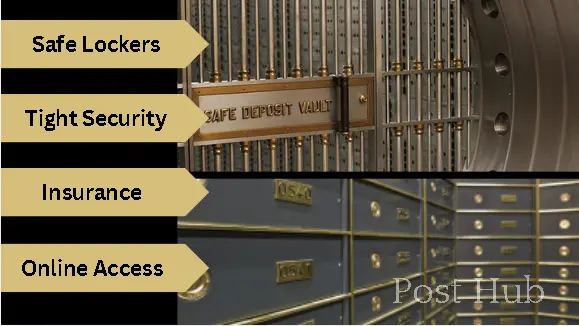
How Much Does It Cost to Store in a Depository?
The cost of storing metals in a depository typically includes storage fees, insurance fees, and possibly transaction fees. Fees vary depending on the depository and the size of your holdings. It’s important to compare these costs before choosing a depository.
Enhance Knowledge With a Few Points
- Understand the Fees: Make sure you know all the fees involved.
- Check Reviews: Research the depository’s reputation.
- Consider Accessibility: Choose a depository that fits your needs for accessing and managing your metals.
How Can I Buy and Trade Precious Metals?
Many depositories work with brokers and dealers to help you buy and sell precious metals. You can arrange transactions through your depository or work with a partner broker to handle trades. The depository often makes it easier to execute trades quickly and securely.
Advantages and Disadvantages of Investing in Precious Metals
| Advantages: | Disadvantages: |
| High Security | Storage Fees |
| Depositories use advanced security systems, including surveillance, guards, and secure vaults. | There are costs associated with storing your metals, which can vary by facility. |
| Insurance Coverage | Limited Accessibility |
| Many depositories offer insurance to protect against loss or damage. | Access to your metals may require advance notice or be limited by the depository’s hours. |
| Professional Handling | Potential Fees for Transactions |
| Metals are handled by professionals experienced in managing and storing precious metals. | There may be additional fees for transactions like buying, selling, or transferring metals. |
| Enhanced Liquidity | Long-Term Costs |
| Depositories often have partnerships with brokers and dealers, making it easier to buy or sell metals. | Over time, the cumulative cost of storage and insurance can add up. |
| Reduced Risk of Theft or Damage | Less Control Over Physical Access |
| The risk of theft or damage is significantly lower compared to home storage. | You have less direct control over the physical handling and access to your metals. |
Precious Metals Risks
- Price Fluctuations: The value of metals can rise and fall.
- Storage Risks: Despite high security, there is still a risk of loss or damage.
- Liquidity Issues: Selling metals might take time and could incur costs.
FAQs
What are the best ways to invest in Precious Metals?
You can invest by buying physical metals, investing in metal-focused funds, or using ETFs that track metal prices.
What are the benefits of investing in Precious Metals Overstock?
Overstock can sometimes offer lower prices, but it’s important to ensure the quality and authenticity of the metals.
What things should you know before choosing a depository?
Research the depository’s fees, security measures, insurance, and customer reviews.You must know how depository works what are their security plans and how they proceed in case of any accidental issues.
Why should a Depository be chosen instead of a Bank Vault or Home Storage?
Depositories offer higher security, specialized insurance, and professional handling compared to bank vaults or home storage.
What metals are insured in Depository Storage?
Typically, depositories insure all types of precious metals they store, including gold, silver, platinum, and palladium.
Why is Depository Storage the Most Secure?
Depositories have advanced security systems, regular inspections, and high-grade vaults that offer superior protection.
Why Do You Need Depositories for Precious Metals IRA?
Depositories are required for holding precious metals in a self-directed IRA due to strict regulations and security requirements.
Conclusion
Using a precious metals depository can be a great way to ensure the safety and security of your precious metal investments. By understanding how depositories work, their costs, and their advantages and disadvantages, you can make informed decisions about how to best protect and manage your assets. Whether you are new to investing in metals or looking to improve your storage solutions, a depository can provide valuable security and peace of mind.


